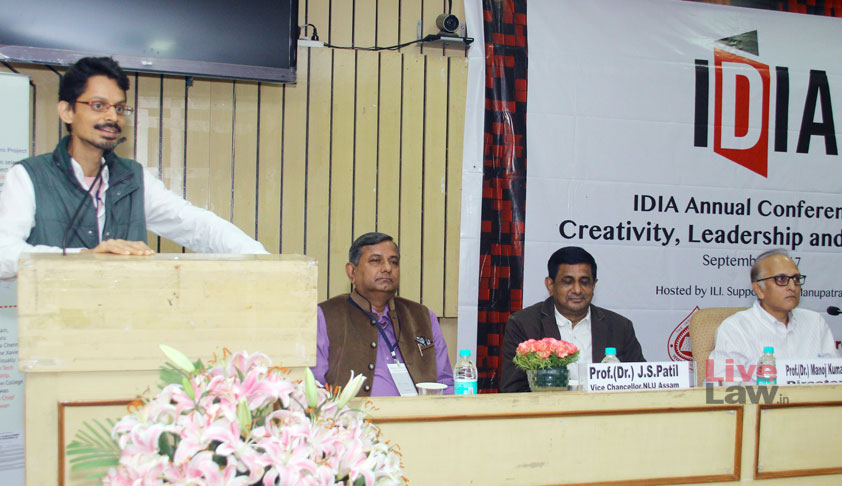IDIA’s Annual Awards and Conference on “Law, Leadership and Creativity”
LIVELAW NEWS NETWORK
19 Sept 2017 6:49 PM IST

Next Story
19 Sept 2017 6:49 PM IST
IDIA Charitable Trust (an organisation working towards empowerment of the underprivileged through legal education) recently held it’s IDIA Annual Awards Ceremony and Conference on 15-16 September 2017 in New Delhi. The session rounded off with a CHAMPS training session for IDIA scholars and team leaders on the 17th.IDIA Annual Awards 2017Each year, the IDIA Charitable Trust hands out awards...
